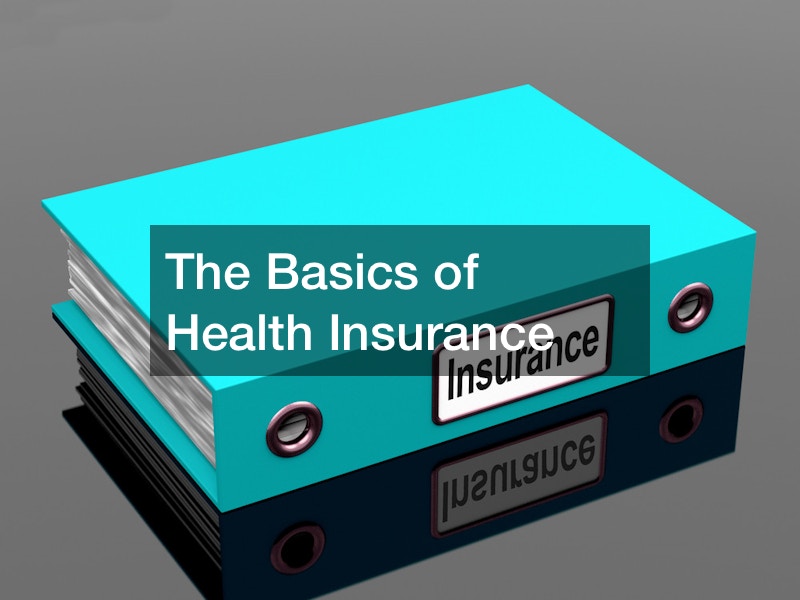
From birth, insurance is in our lives. The first most of us hear of it is on our first job when we’re offered health insurance. What’s a premium, though, and a deductible? The video explains all this and more.
Terms You Should Know
- Premium: the cost of your health coverage. Employers usually pay a portion of it.
Video Source - Deductible: what you pay before your insurance kicks in with its share.
- Copayment: what you pay before the insurance pays the rest. It’s usually around ten dollars.
- Coinsurance: when you pay the deductible and a percentage (usually 20 percent) of the charge and the insurance company catches 80 percent of it.
- PPO: this is a network of doctors with contracts with your insurance company.
- EPO or exclusive provider organization: much like a PPO, except no out-of-network costs are paid except for emergencies.
- HMO: in-network costs are paid and HMOs cost less.
- POS: point of service or hybrid plans blend the best points of PPOs and HMOs.
- HSA: associated with both HMOs and PPOs, a health savings account allows you to save your healthcare money for specific things.
- Health Share: when insurance is managed through a community of like-minded individuals who will share the health care costs of the group. Jericho Share health insurance is an example of this.
- Out of Network: if you choose a doctor or hospital outside the insurance company’s network, you’ll pay for it out of pocket. Your deductible and copayment will be different.
Health insurance is a necessity, but so is understanding it. We hope this helps.

